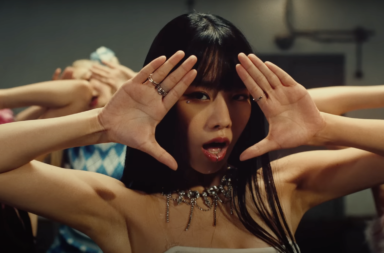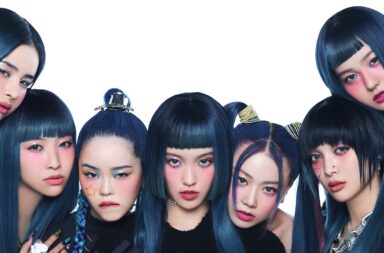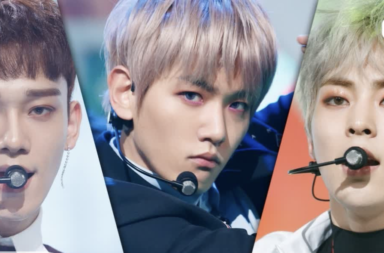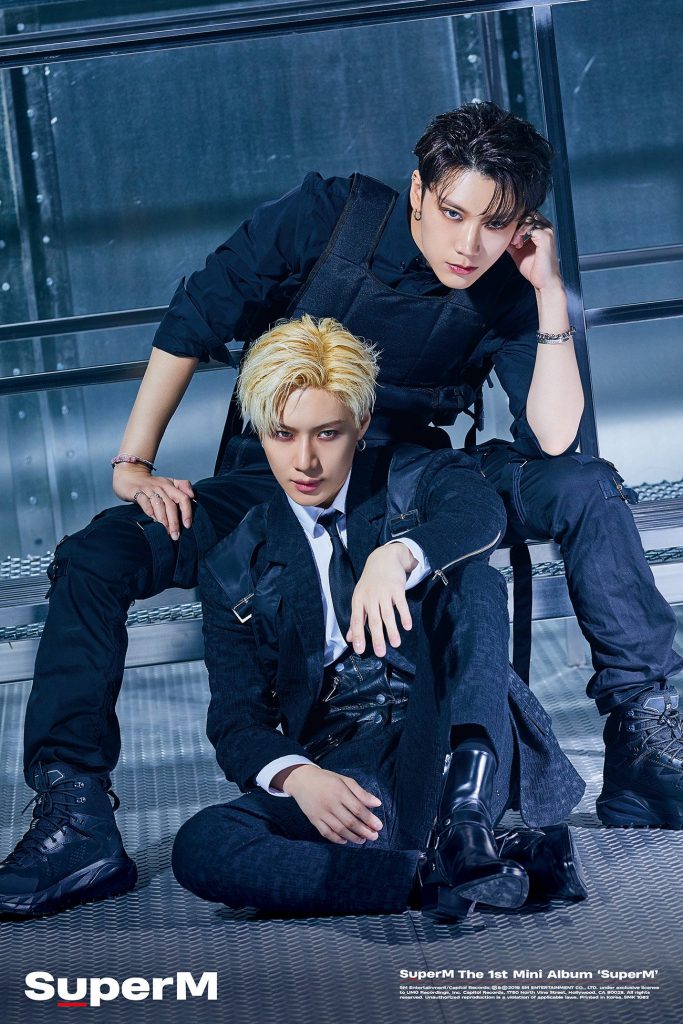
SM Entertainment’s history of unit groups is a long one, from project groups, such as SM the Ballad and Yonique Unit, to sub-units, like Exo-CBX, SNSD-TTS, and the many Super Junior spin-offs. None of them, however, even come close to the uniqueness that is Super M.
Super M is an attempt by SM and Capitol Records at breaking into the U.S. market in a major way. Comprised of seven members from existing SM boy groups — Shinee’s Taemin, Exo’s Baekhyun and Kai, NCT 127’s Mark and Taeyong, and WayV’s Ten and Lucas — Super M have been pitched as “the Avengers of K-pop” by Lee Soo-man himself. At face value, the description is spot-on. Each member carries a high level of star power in their own groups. Four have made successful solo debuts, and the remaining have been hailed for their talents since debut.
Yet, despite the odds stacking largely in their favor, the fan response to Super M has been mixed to say the least. When news of the mega-group first started popping up, a number of fans from each group voiced concerns on everything from being overworked, to not letting the members shine on their own. For example, Kai is one of the only members in Exo to not have debuted in a solo or unit prior to Super M, and NCT 127 is fresh off of a world tour. While it is common in K-pop, and the music world in general, for artists to constantly be on the move, the project group came as an unwelcome announcement for many.
Even with the backlash within fandoms, Super M is painting an incredibly unique picture of what a stateside K-pop debut looks like. Beyond being a project group, this will be the first time a K-pop group both debuts and primarily promotes in the U.S. While other groups have promoted singles to the American market, they have largely taken the form of English versions of Korean releases, or appearances on U.S. television before returning to Korean music show performances.
Monsta X recently made their debut into the U.S. market with English tracks “Who Do U Love?” and “Love U,” while spending the majority of their summer on a world tour. There has also been an uptick in groups working with international artists, such as VAV partnering with De La Ghetto and Play-N-Skillz for “Give Me More,” and BTS with Halsey for “Boy With Luv.” While it is uncertain if Super M’s title track with be in English, the main difference in strategy lies in their promotion and conception. The group’s social media presence has been a consistently strong force in garnering fan support. From the beginning of September up until their debut, there has been a steady stream of teaser images, merchandise drops, and even text messages (yes, I signed up for them) keeping fans in the know. Also, the majority of their posts have either been in English, or have had English subtitles on their videos.
Unique promotion tactics aside — anyone else ever seen an AR T-Shirt before? — the timeline is noticeably longer than others. Over a month of consistent promotional releases is uncommon, with groups typically teasing content within one to two weeks of the release date.
It is possible that the onslaught of content is due to less time in front of American audiences compared to what they typically work with. Without music shows and fewer award show opportunities, Super M is confined to performing at the occasional scheduled live shows or television appearances. While their only confirmed performance at the time of this article’s posting is a free show at Capitol Records on October 5th, it will be interesting to see both where they will appear next and for how long they will be performing.
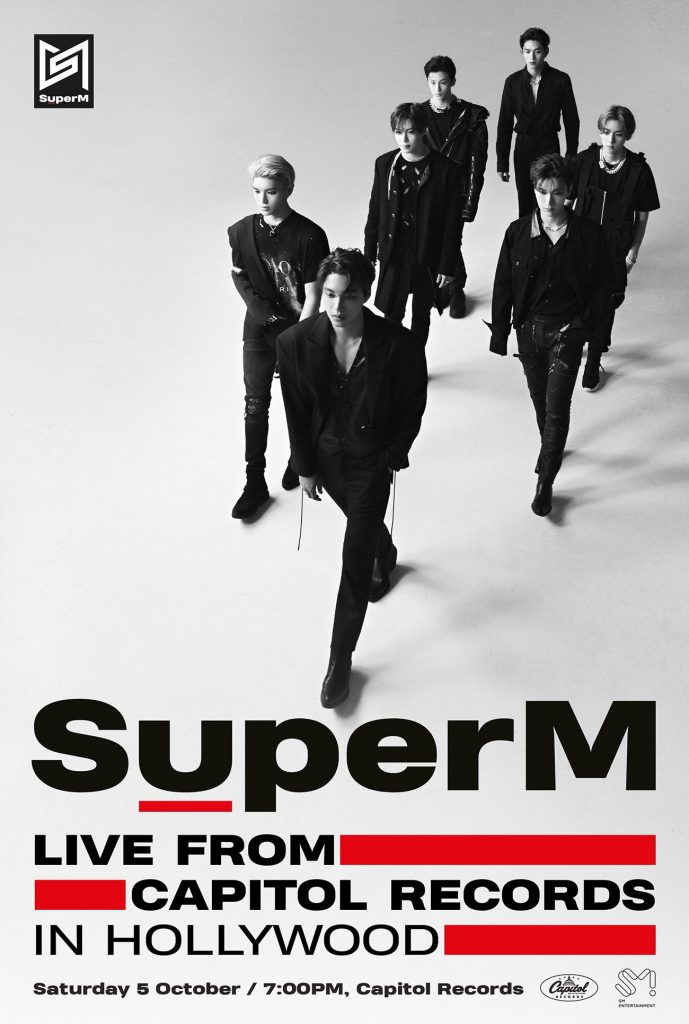
In many ways, Super M is reminiscent of what K-pop tried to be pre-”Gangnam Style” — it is a group from one of the Big Three companies slated to be the Next Big Thing in the pop world. SM attempted it before with BoA, YG with Se7en, and JYP with Wonder Girls. Even if the world stage is more accepting of K-pop now more than ever, Super M still feels like it will not be able to immediately fulfill the high expectations pitched for them. Even so, the brilliance of its design is that no member really loses anything; each still has a largely successful group to return home to with fans that will be more than ready to forget it even happened.
It is also important to look at Super M’s strategy in a post-BTS landscape. Much of BTS’s current success is a result of planning that is difficult to replicate: utilizing Twitter and YouTube when it was uncommon to do so, releasing albums when their main competitors were inactive, and staying true to a then-uncommon hip hop concept. Their performance skills solidified their fanbase, but the impeccable good fortune they encountered in their early years was crucial. Super M is about to debut in a climate that is just starting to accept new faces, and is therefore becoming the latest act to set the stage for groups to come.
It is unlikely that they will achieve BTS-level success right off the bat, but I still believe it is too soon to write them off just yet. Nonetheless, regardless of how their debut goes, the amount of talent each member possesses will surely make their performance one to remember.
(YouTube [1[[2], The Ringer, LA Times. Images via SM Entertainment.)
